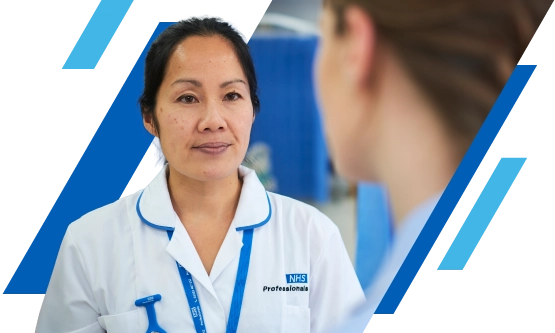For healthcare workers
International Careers
Explore NHS opportunities for overseas healthcare professionals. Bring your skills to Trusts across the UK.

For healthcare workers
Explore NHS opportunities for overseas healthcare professionals. Bring your skills to Trusts across the UK.

NHS Professionals International (NHSPI) has temporarily paused its recruitment service for nurses, midwives and allied health professionals (AHPs). This means we are not accepting applications from overseas candidates right now.
Already living in the UK?
Discover our latest opportunities